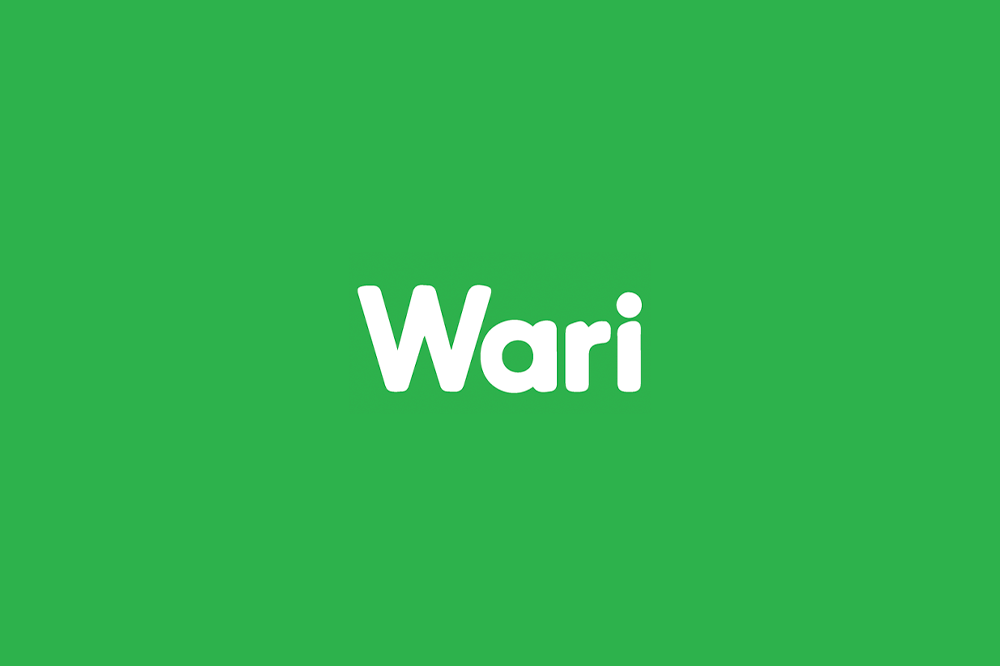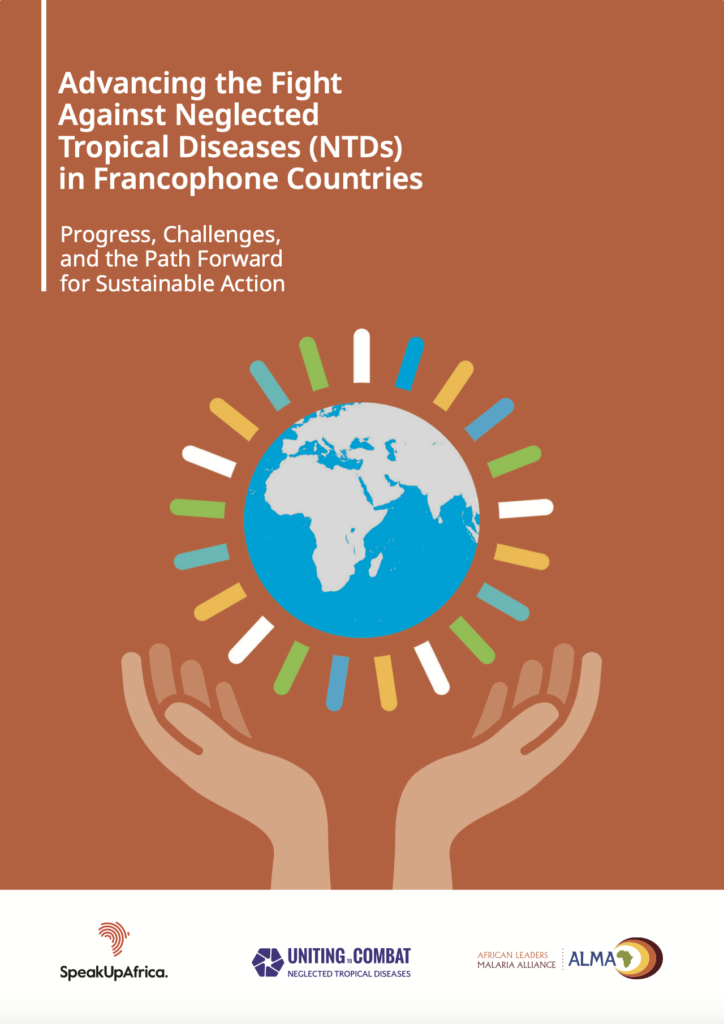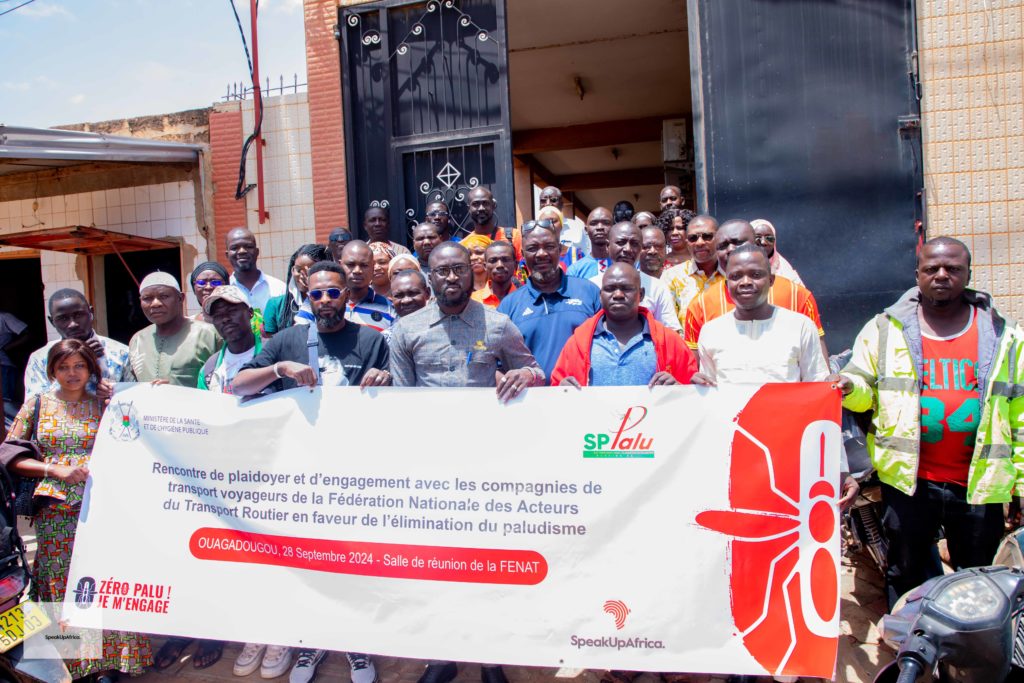‘Innovative Health Financing by Private Sector Companies’ By Kabirou Mbodje, CEO of Wari

On December 17 2016 there was a historic Gala Football Match at the Léopold Sédar Senghor Stadium in Dakar, Senegal featuring famous footballers El Hadj Diouf and Nikolas Anelka. In anticipation of this Gala Match, it is important to recognize what a significant moment this represents for public health. The match brought together these famous footballers and public and private sector partners with the main goal of showing support for vaccination in Africa. Special Olympics athletes participated in a unified opening match, showing how inclusive partnerships can further universal immunization across the continent.
Afrivac was founded in order to bring a private sector, sustainable approach to financing important health innovations like immunizations. Sitting where I sit as founder and CEO of Wari – a platform that provides an easy-to-use mobile, web and card services for customers in Africa to facilitate financial transactions around the world – its impossible not to think of the broader implications of finding sustainable, private sector solutions to health challenges.
Post-Gavi vaccination funding is a very real concern in many countries across Africa. How do we bridge the gap? Who will lead the way? It requires strong African leadership in addition to private sector commitment. In Senegal, we’ve seen champions in Doctor Babacar Ndiaye, former President of the African Development Bank, and Professor Awa Marie Coll Seck, our current Minister of Health.
But why should we focus our efforts on immunization? Currently, immunization helps to avert an estimated 2 to 3 million deaths every year, but an estimated 18.7 million infants worldwide are still missing out on receiving all necessary and basic vaccines[1].
Not only does it save young lives – from a government standpoint, it is the most cost effective intervention. For every $1 USD spent on immunization, $16 USD are saved in healthcare costs, lost wages and lost productivity due to illness[2].
With both the health and economic arguments in mind, the private sector can solve huge challenges. Afrivac and Speak Up Africa have made a life changing realization: that if we are to reach every child in Africa with immunizations, then we need to mobilize the private sector. We need to rely on private sector ingenuity, resources and logistics savvy. When the private sector brings its tools and initiative to the table, it can help to solve this huge logistical challenge. Wari is committed to helping Afrivac, Speak Up Africa and the Ministry of Health address these larger public health questions.
Everyone has a role in building healthy societies and ensuring that all children are vaccinated. I urge all private sector companies to join me and commit to universal access to immunization.
About Wari
Incorporated in 2008, Wari is a digital platform offering value added financial and non-financial services to customers, businesses, institutions and merchants. Its innovative platform, available in more than 60 countries 500,000 sending outlets worldwide and 45,000 paying points in Africa, provides a wide variety of products and services (water and electricity bill payment, pensions, scholarships and salary payments, TV subscription, airtime, lotteries, Wari payment cards, remittances, insurance, etc.) and accepts all payment means (cash, bank accounts, vouchers, cards, wallets, etc.). Wari’s objective, for Africa and abroad, is to promote financial and social inclusion for all, inside an open, integrated and aggregating Wari ecosystem through affordable, simple and convenient services designed from demand and needs, with strategic partnerships, a strong last mile network, and a highly secure platform.
www.wari.com
[1] Ozawa S, Clark S, Portnoy A et al. Return on investment from childhood immunizations in low- and middle-income countries, 2011-20, Health Affairs 2016
[2] ibid


